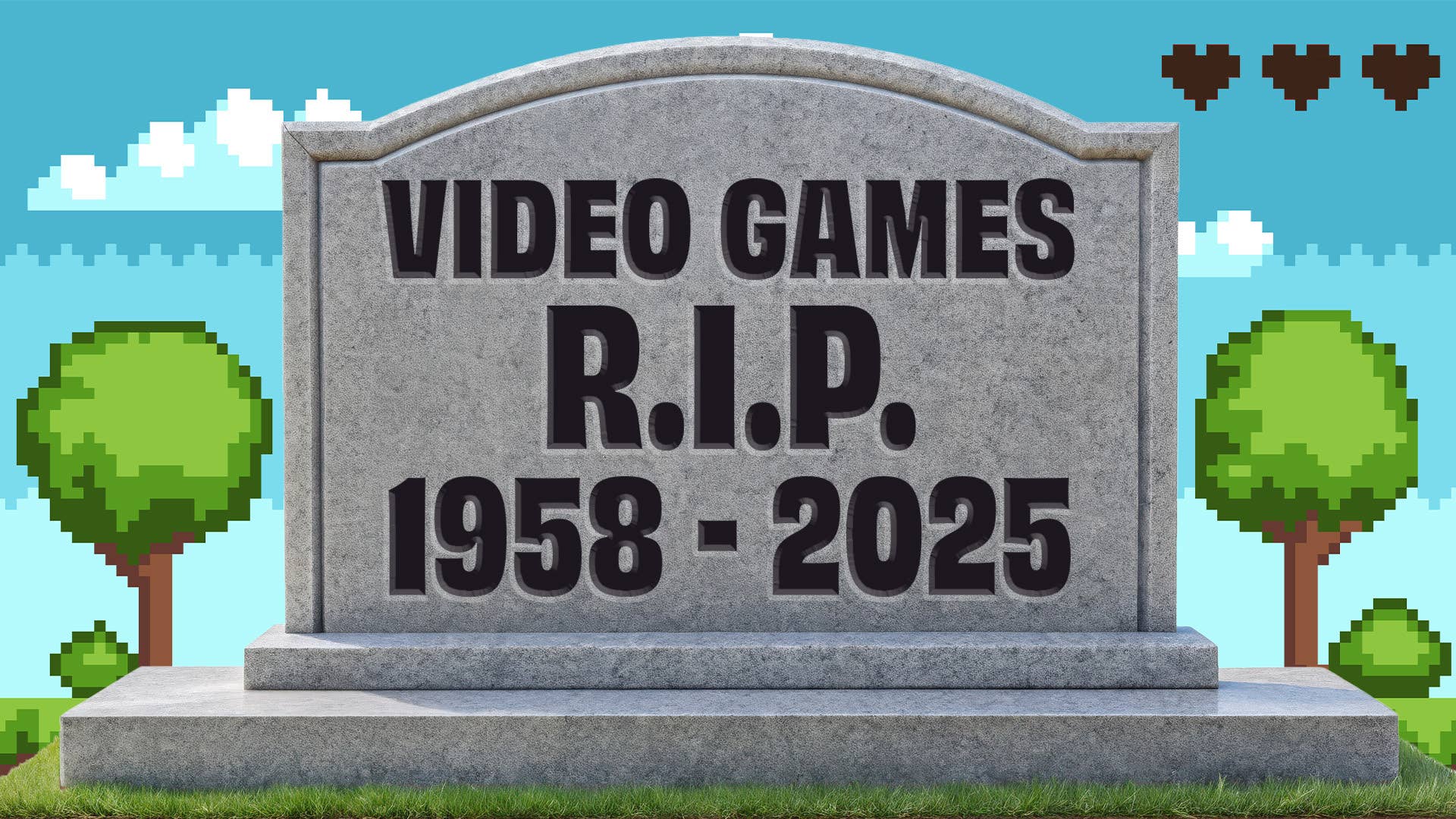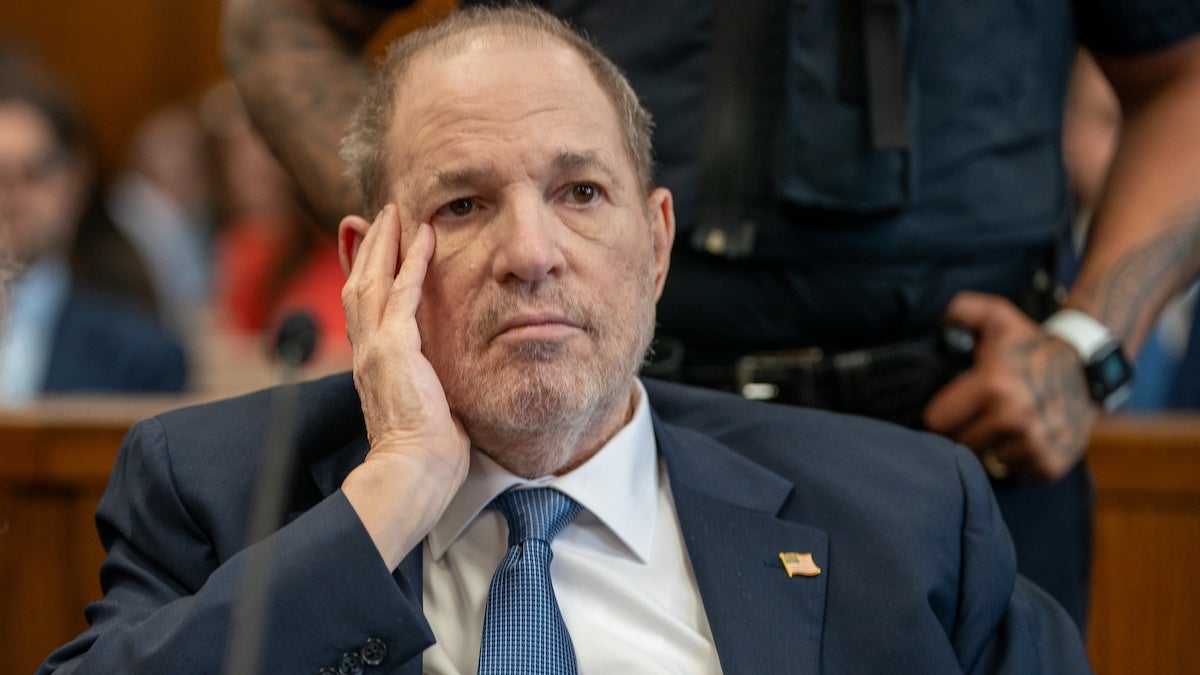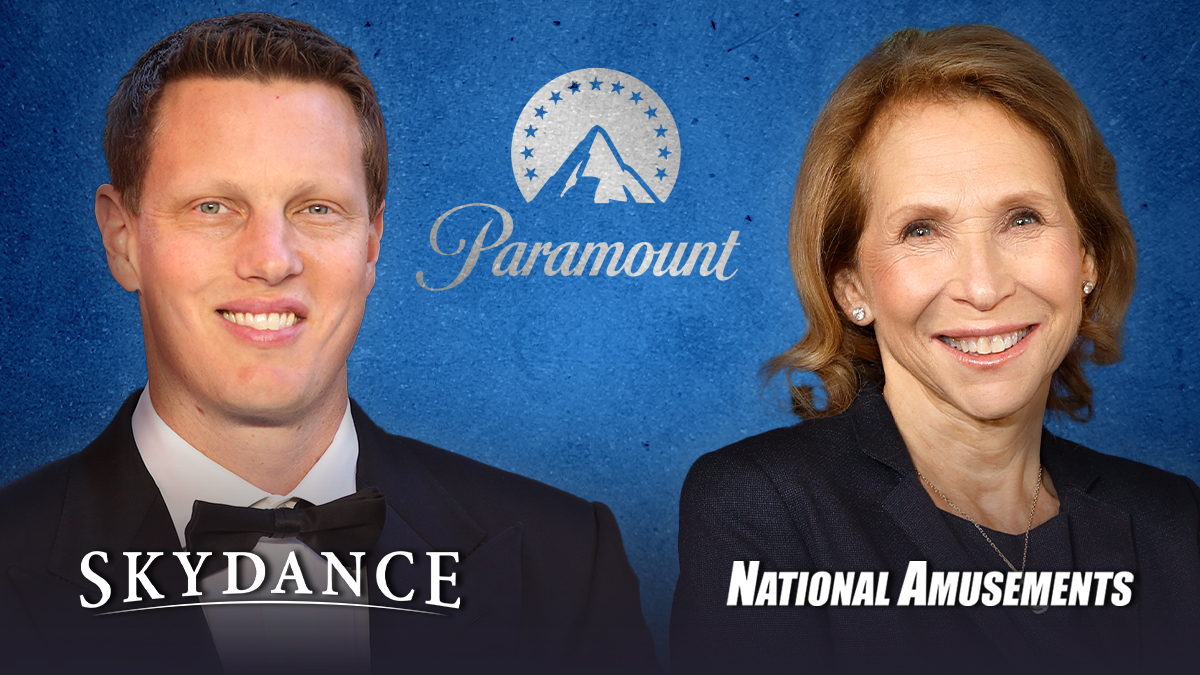A Confused and Frustrated Hollywood Ponders if Trump’s Movie Tariffs Are Even Real | Analysis
While some insiders vent about the president's lack of a plan, others see an opportunity to steer Washington toward a federal production tax incentive The post A Confused and Frustrated Hollywood Ponders if Trump’s Movie Tariffs Are Even Real | Analysis appeared first on TheWrap.

President Donald Trump’s bombshell announcement that he would implement 100% tariffs on films shot outside the U.S. was met with “pure confusion” and deep skepticism, industry insiders told TheWrap after 24 hours of frantic questioning behind the scenes and total silence from major studios in public.
“The entire entertainment industry spent the whole day trying to figure out how their business could be dramatically changed by a Sunday night social media post,” said Jonathan Handel, entertainment attorney at Feig Finkel LLP. “This is the last thing anyone needs right now.”
A labor insider said it was “pure confusion” among Hollywood’s guilds on Monday.
But while there’s doubt over whether a tariff on films is feasible – or even legal – some lawmakers and unions have used the wider attention on declining American production to stump for what has long been considered a moonshot for Hollywood: a federal tax incentive for productions in the U.S. on top of the competing state and local incentives being offered in more than 30 states including California, which is currently in the midst of greatly expanding its own incentives.
Such an incentive is one that is being championed by actor Jon Voight who Trump appointed “special ambassador to Hollywood” in January and who got the ball rolling on the president’s interest in production flight during a visit to Mar-a-Lago this past weekend. Voight reportedly delivered a full proposal he prepared with his producing partner Steven Paul.
On Monday, Voight provided more details on the proposal, which include a federal tax incentive for production and post-production work, unspecified co-production treaties, with foreign countries and subsidies for movie theaters. The plan also calls for the use of tariffs in “certain limited circumstances.”
It’s a course of action that stakeholders would much prefer to adding movies to the tariffs chaos that has upended the global economy.
“The United States needs a balanced federal response to return film and television jobs,” IATSE International President Matthew D. Loeb said in a statement, noting that the union recommended a federal film production tax incentive to level the playing field for American workers.
He added: “We await further information on the administration’s proposed tariff plan, but we continue to stand firm in our conviction that any eventual trade policy must do no harm to our Canadian members — nor the industry overall. We seek reciprocal trade practices that ensure fair competition for all IATSE members.”
Is this even legal?
Trump’s lament over the decline in American film production in a lengthy Truth Social post announcing the tariffs is based on fact, a subject TheWrap has written about extensively. While the U.S. remains the top country in terms of production spending with $14.5 billion in 2024, according to analytics firm ProdPro, that figure is down 28% from 2022.
“The Movie Industry in America is DYING a very fast death,” Trump wrote. “This is a concerted effort by other Nations and, therefore, a National Security threat. It is, in addition to everything else, messaging and propaganda!”
By Monday morning, a White House spokesperson backpedaled Trump’s declaration, saying plans were still being formulated.
“Although no final decisions on foreign film tariffs have been made, the Administration is exploring all options to deliver on President Trump’s directive to safeguard our country’s national and economic security while Making Hollywood Great Again,” the statement read.
Despite the statement, entertainment stocks took a hit when markets opened on Monday and spent much of the trading day trying to recoup losses. Netflix and Warner Bros. closed 2% down, while Disney closed down 0.4% and Paramount Global closed 1.5% down.
Industry insiders and media analysts told TheWrap they were extremely skeptical that a film tariff is even practical.
“If Trump is serious about tariffs on movies, it’s a very dangerous escalation,” wrote University of Michigan economics professor Justin Wolfers on X. “Tariffs have not traditionally been applied to services, and the United States is a massive net exporter of services. We would be extremely vulnerable to any service-based retaliation.”
Handel said that a big reason why films and TV shows haven’t been directly implicated in Trump’s tariffs blitz up to this point is because they are not physical goods.
“The consumer is not buying a copy of a movie across transnational borders when they buy a movie ticket,” he said. “Trump’s talking about the production process. So what do you tariff? Do you charge productions a percentage of the overseas spending on shoots?”
If such a thing were to happen, it would be a massive jolt to the production pipeline Hollywood has built over the past decade, with many major studios setting up long-term occupancy deals with soundstage facilities in the U.K., Canada and Australia, among other countries, taking advantage of massive tax incentives in those countries.
But even when films are shot on those foreign soundstages, some of those productions have post-production work done in the U.S., further creating confusion over what the Trump Administration would define as a foreign-made production. According to data from Luminate Film & TV, only 34% of films released from 2022-24 were shot solely in the United States.
“Would the overwhelming amount of Warner Bros.’ film slate actually qualify as a ‘foreign film’ because they almost all shoot in the U.K., with sufficient cast and crew to qualify as a British film for the overwhelmingly beneficial U.K. Tax Credit?” one talent agent told TheWrap. “Most people would call ‘The Batman’ an American film. Until we get a precise definition of a ‘foreign film,’ no one knows anything.”
There’s also the question of whether a film tariff would even be legal. The Trump Administration is using an extremely broad interpretation of the International Economic Emergency Powers Act (IEEPA) as the legal basis for his global tariff campaign. IEEPA, which was passed in 1977, gives the president power to regulate international commerce “to deal with any unusual and extraordinary threat, which has its source in whole or substantial part outside the United States, to the national security, foreign policy or economy of the United States,” if the President declares a national emergency related to that threat.
But a pair of amendments to IEEPA authored by Los Angeles-based Rep. Howard Berman and approved by Congress in 1988 and 1994 explicitly exclude forms of media, including films and TV shows, from being subject to the president’s IEEPA powers. That exception became the basis of a federal judge’s ruling during Trump’s first term in 2020 that blocked his administration from banning TikTok via IEEPA. The ban was later approved by Congress in 2024 before that ban was temporarily paused by Trump earlier this year during his first week back in office.

A carrot, not a stick
While it’s unclear at this point whether the Trump Administration would try to move forward with a film tariff but some lawmakers and industry stakeholders are trying to steer the conversation away from punitive measures and towards the federal tax incentive.
Among them is freshman Congresswoman Laura Friedman (D-Ca), a former producer who was a voice for the entertainment industry in the California State Assembly before being elected to the House last year. In a statement to TheWrap on Monday, she argued in favor of carrots rather than sticks to reverse the declines in American film production, and called for bipartisan support for a federal tax credit.
“If President Trump is serious about maintaining a dominant U.S. film industry and keeping production jobs in the United States, I invite him to join me in fighting for a national film tax credit that levels the playing field with overseas incentives,” she said. “I’ve been meeting with lawmakers, labor unions and industry leaders to make this a reality — because we know this approach works, as we’ve seen in states like California and New York. Let’s bring American film and television production back — and let’s do it the right way.”
Friedman’s remarks were echoed by California Sen. Adam Schiff, who warned in a statement on Monday that film tariffs “would have unintended and potentially damaging impacts,” but called on Congress to pass a federal tax incentive.
Currently, U.S. productions can take advantage of a network of state and local tax incentives available in 31 U.S. states. But other countries have added an additional layer of federal tax credits to entice productions. In the U.K., for example, up to 80% of a film’s total budget can count towards the program, which offers a net credit after tax of 25.5% that can be raised to 29.25% if additional post-production work is done in Britain. Most importantly, above-the-line spending on actor and director pay counts towards the credit, which is a major reason why Hollywood blockbusters like the upcoming “Jurassic World Rebirth” and “Avengers: Doomsday” have been shot there.
A similar incentive in the U.S. would face many of the hurdles that state tax incentives have faced among legislators, including skepticism over the economic benefits of giving tax breaks to productions when such public funds could be used elsewhere. In addition, while several Republican-led states like Georgia, Texas and Louisiana have supported film tax credit programs, Congressional GOP members may not warm up to the idea of supporting a federal program that would primarily support blue states like California, New York and Illinois, as well as an industry that has been a conservative target in America’s culture war.

But Trump’s tariffs proposal has pushed such an incentive to a public platform that it’s never really had before.
While Voight and Paul say that Trump is reviewing their proposals, the president has yet to publicly comment on anything beyond the tariffs. That’s likely why Hollywood’s studios, along with their top lobbying representative, the Motion Picture Association, all declined to comment on Monday.
“I think the whole industry is expecting that this tariff proposal is going to die under its own weight, and then they’ll try to morph it into a tax incentive program in a way that doesn’t bruise Trump’s ego,” Handel said.
Umberto Gonzalez contributed to this report.
The post A Confused and Frustrated Hollywood Ponders if Trump’s Movie Tariffs Are Even Real | Analysis appeared first on TheWrap.




![Religious Horror ‘Thorns’ Doesn’t Live Up to Its Inspirations [Review]](https://bloody-disgusting.com/wp-content/uploads/2023/04/thorns.jpg)


![‘Elden Ring Nightreign’ Demo Coming to PAX East This Week; New Gameplay Boss Footage Released [Watch]](https://i0.wp.com/bloody-disgusting.com/wp-content/uploads/2025/05/nightreign-1.jpg?fit=900%2C580&ssl=1)














































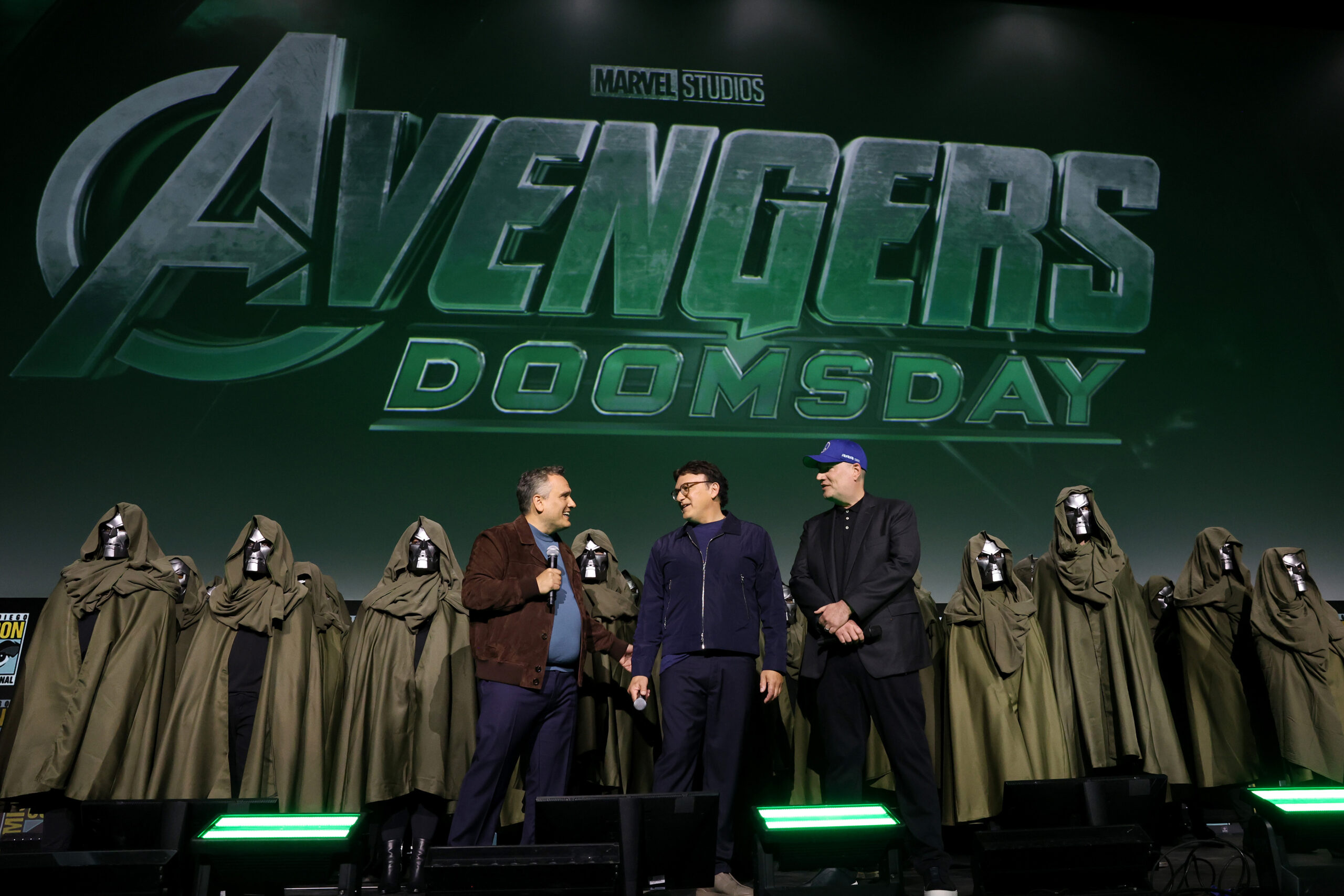

























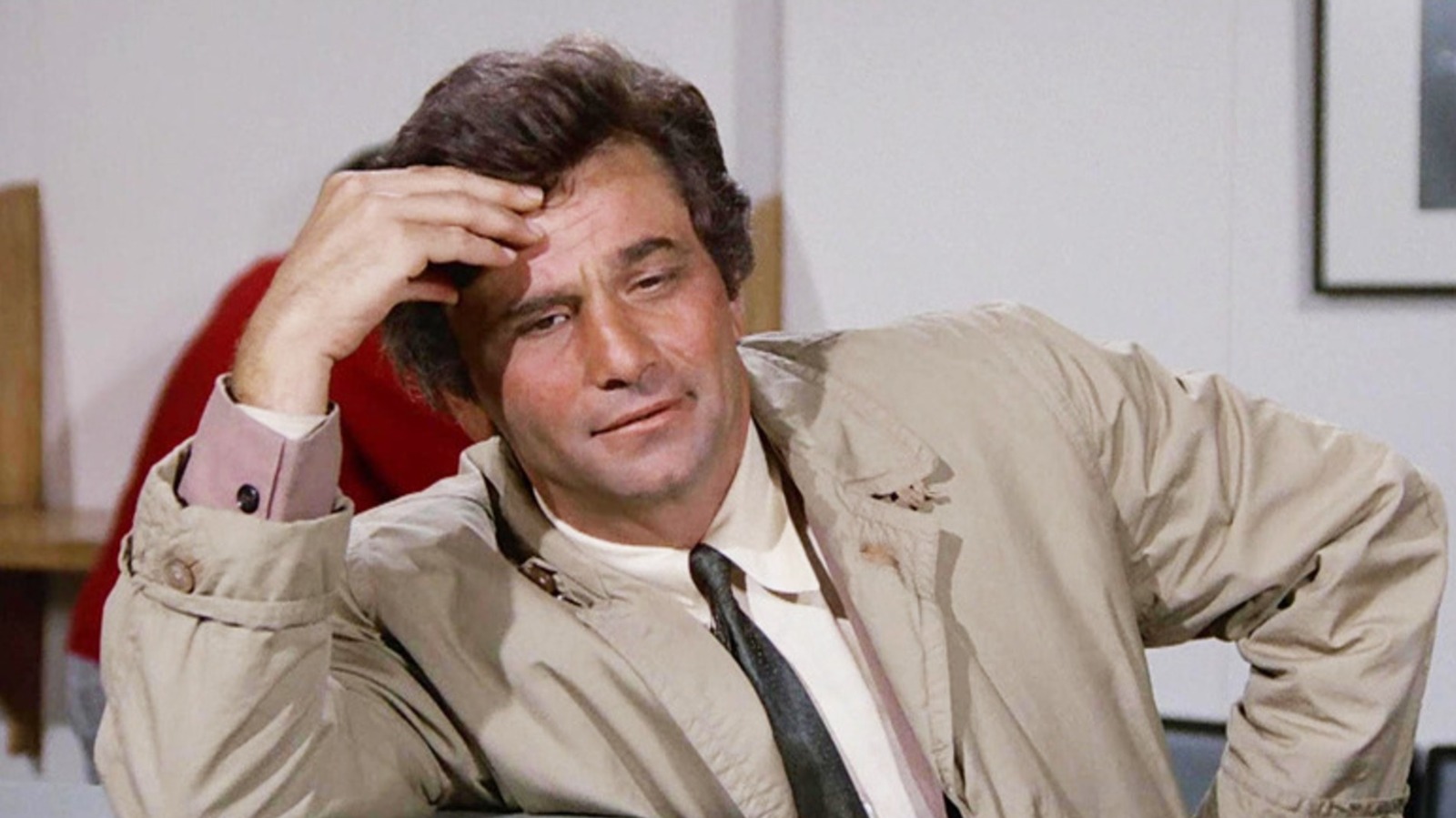















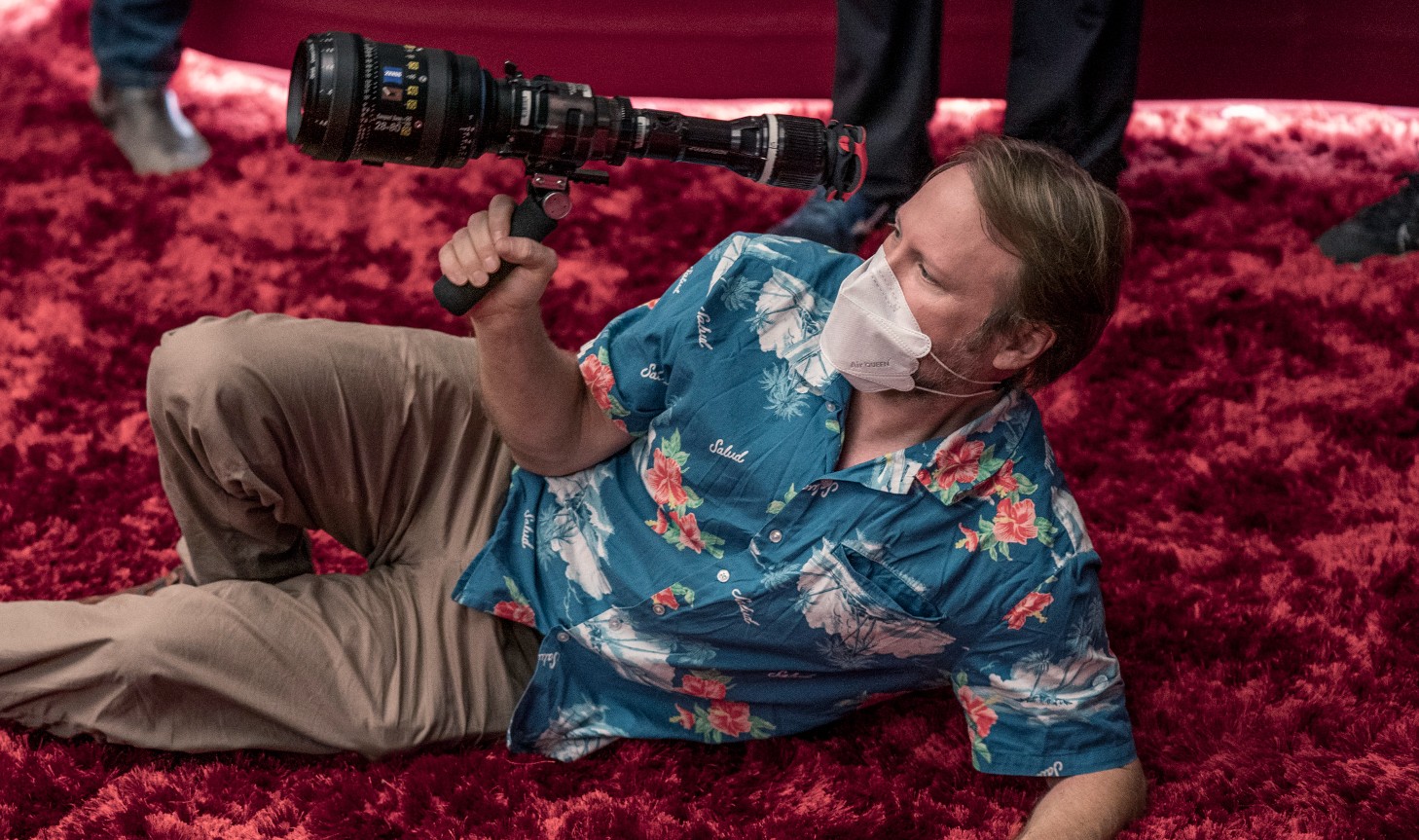


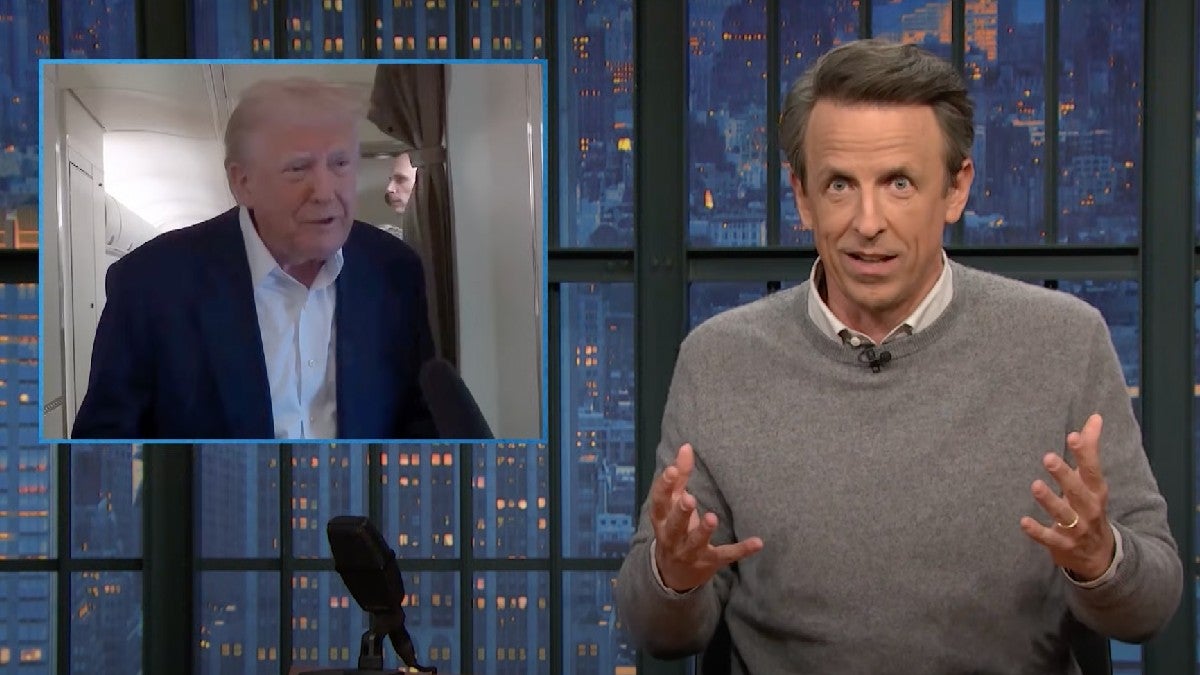
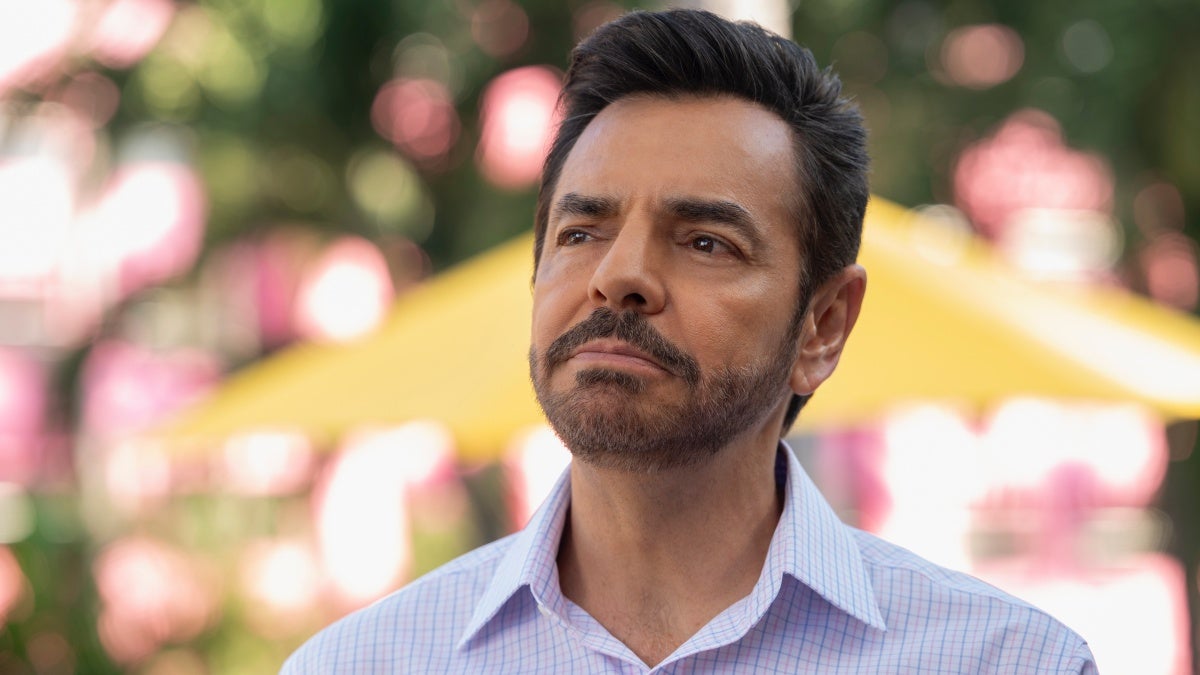
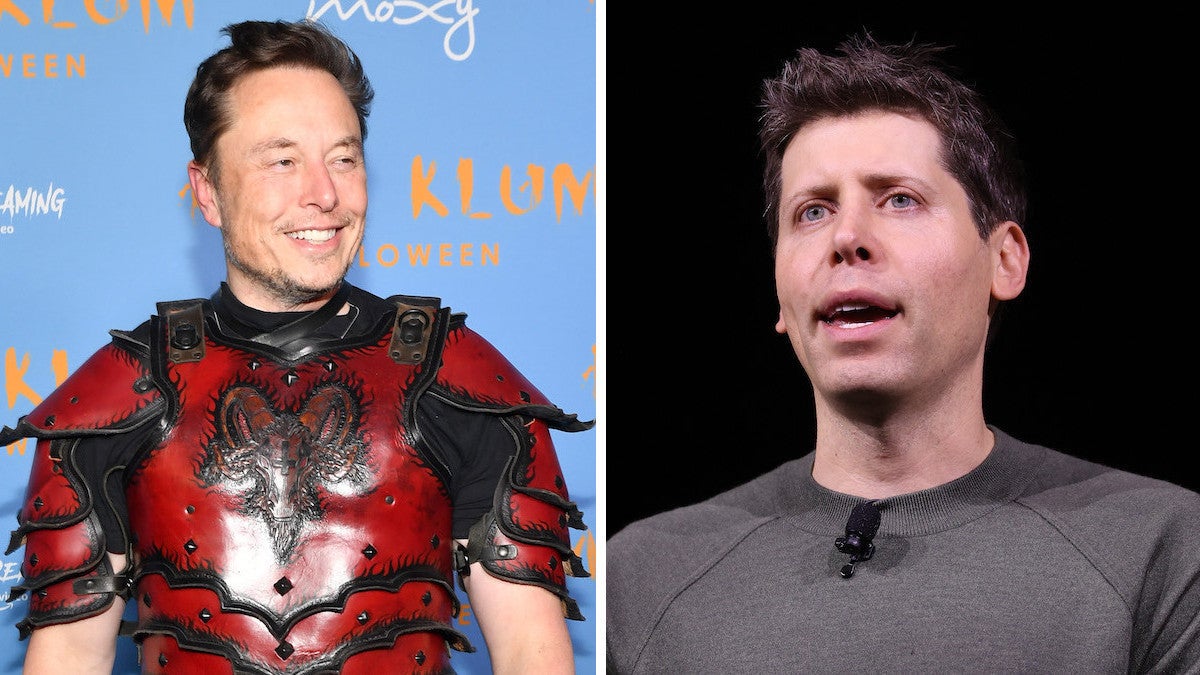
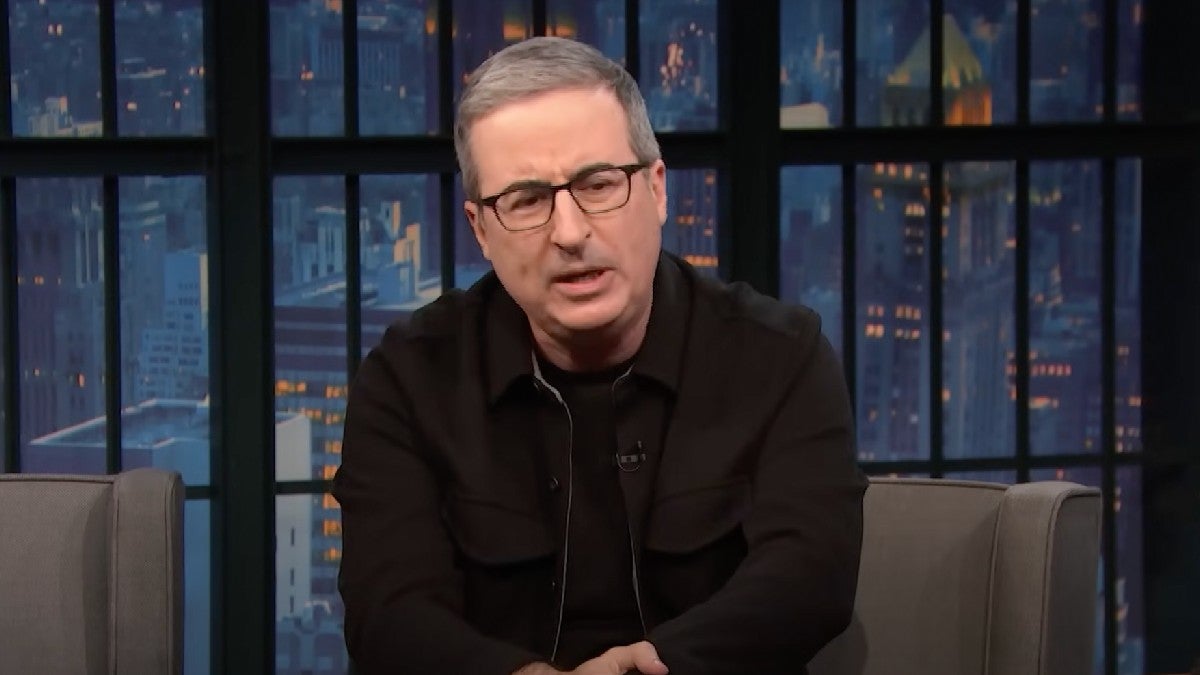






















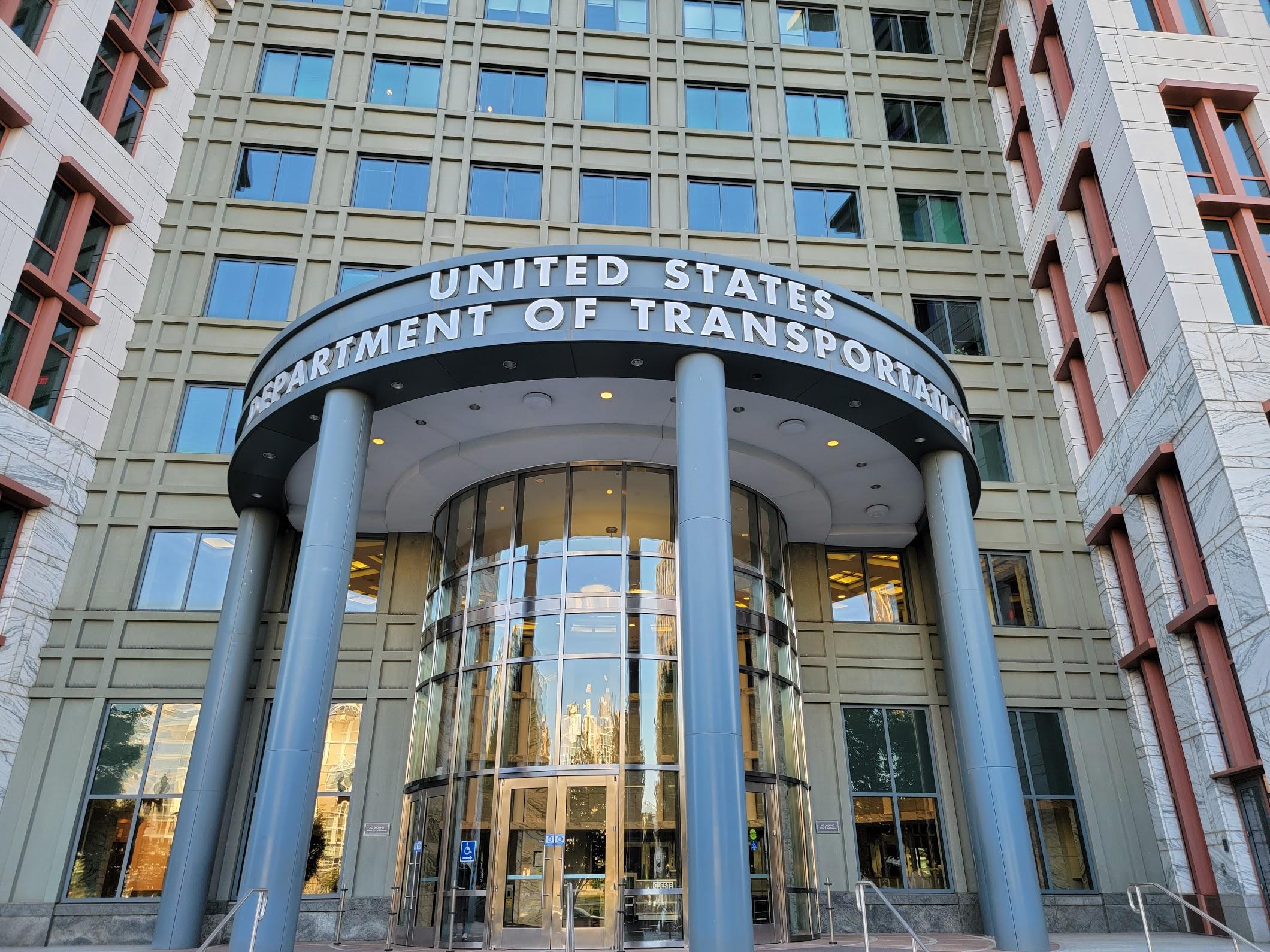













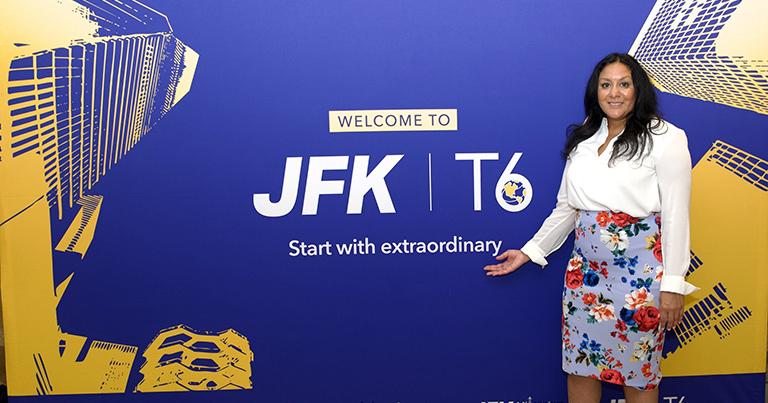


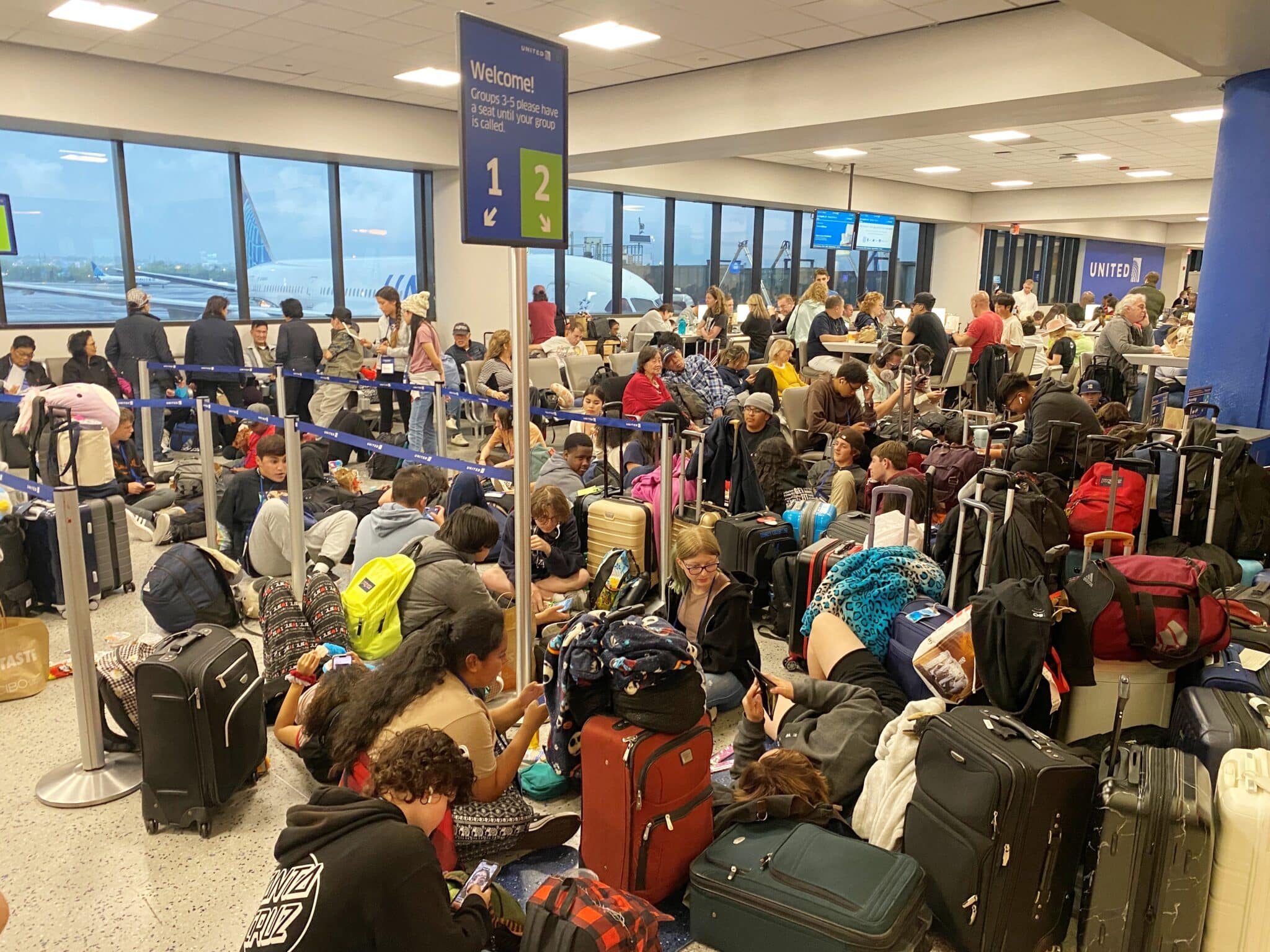

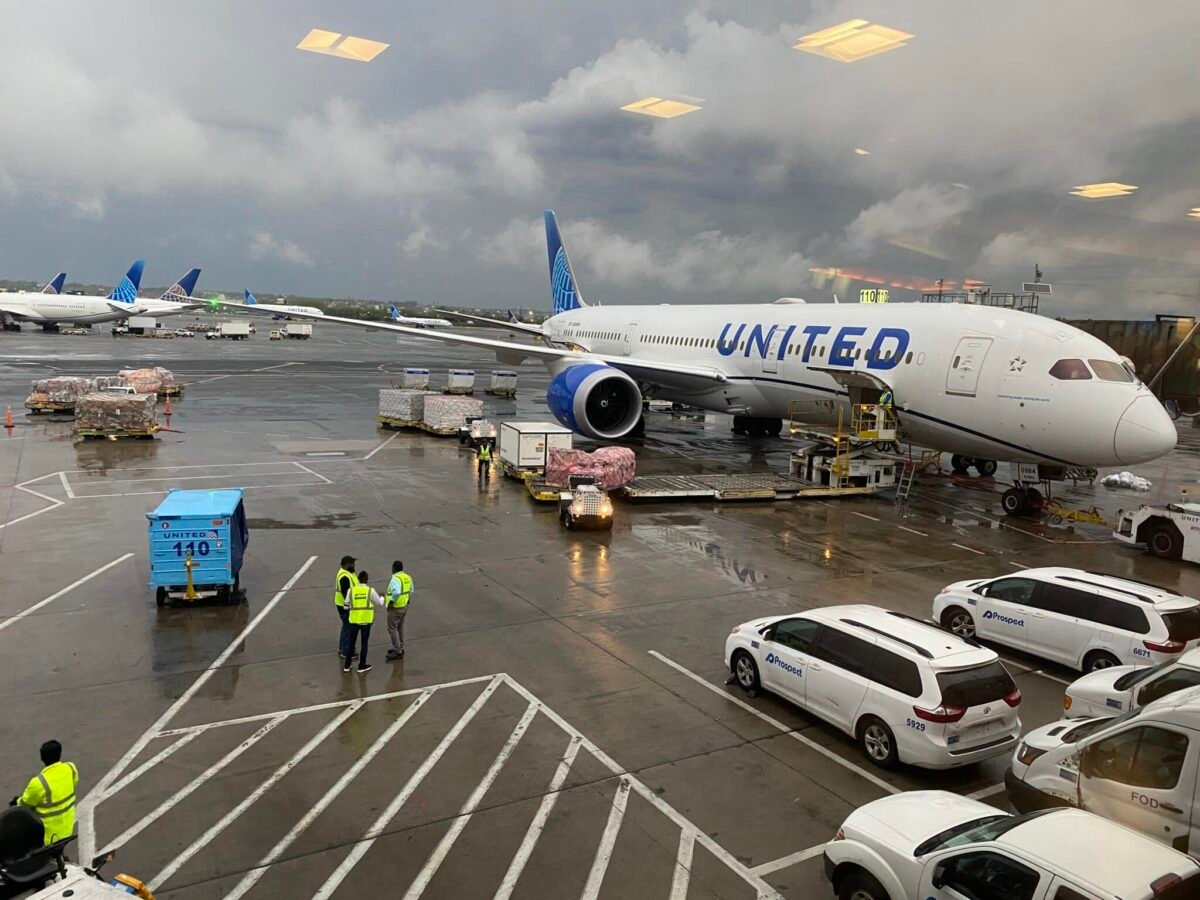

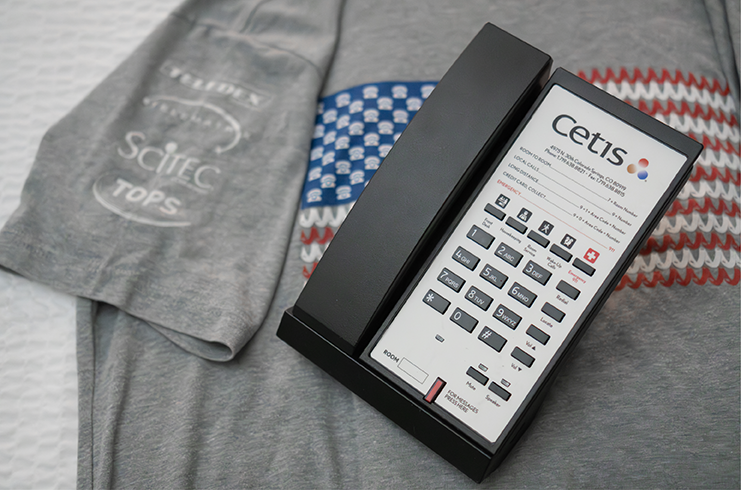


























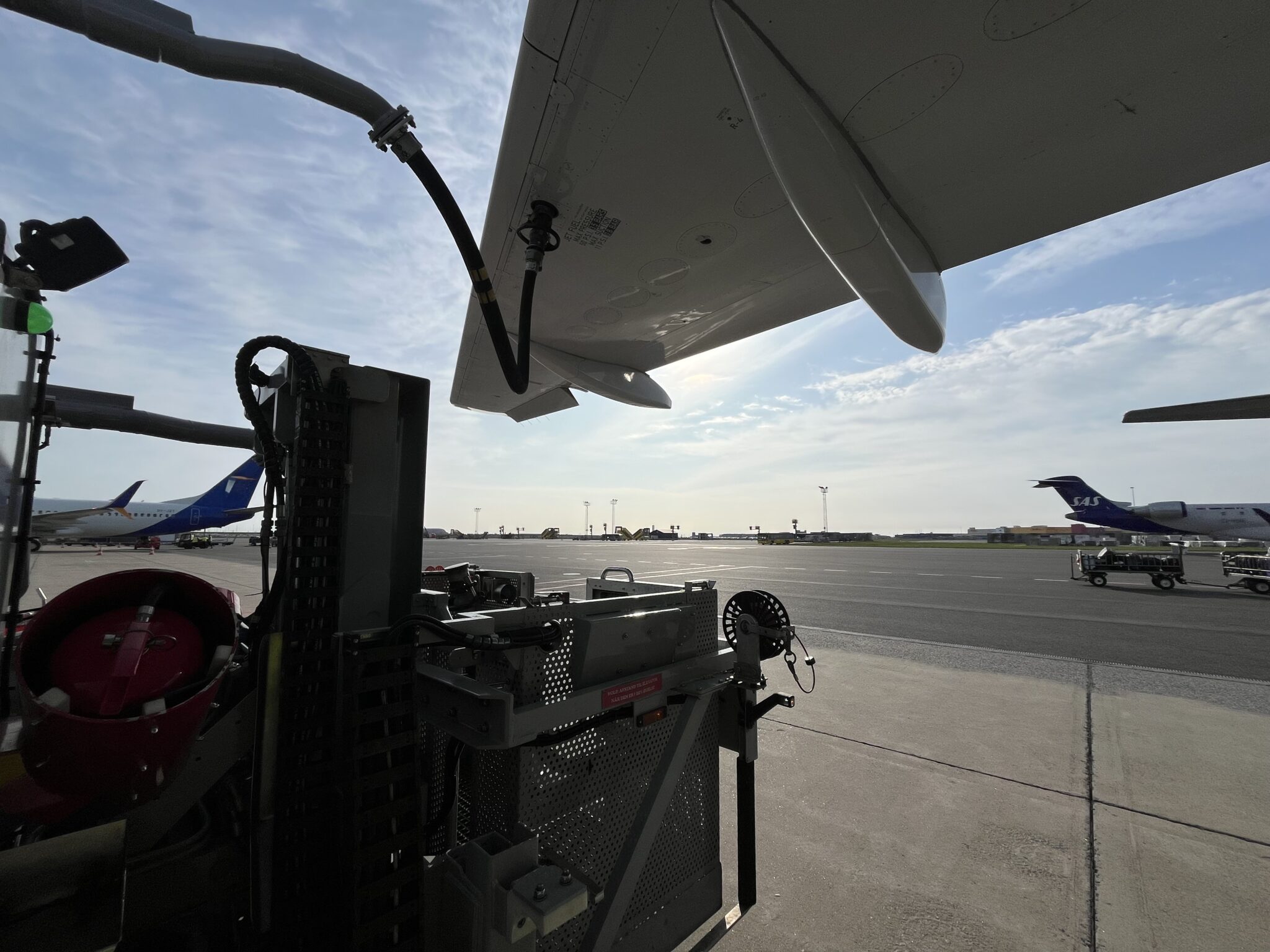
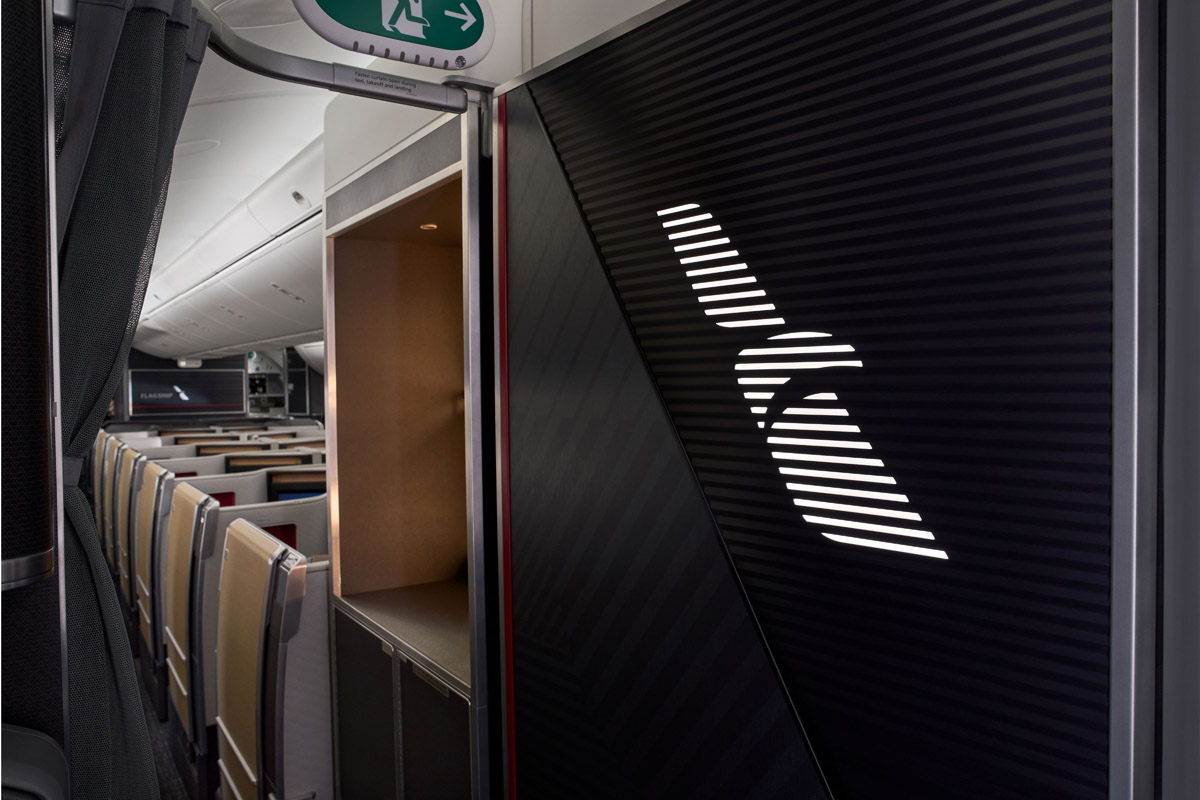









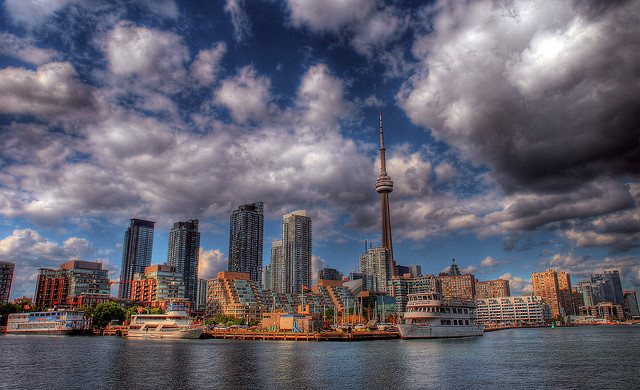



















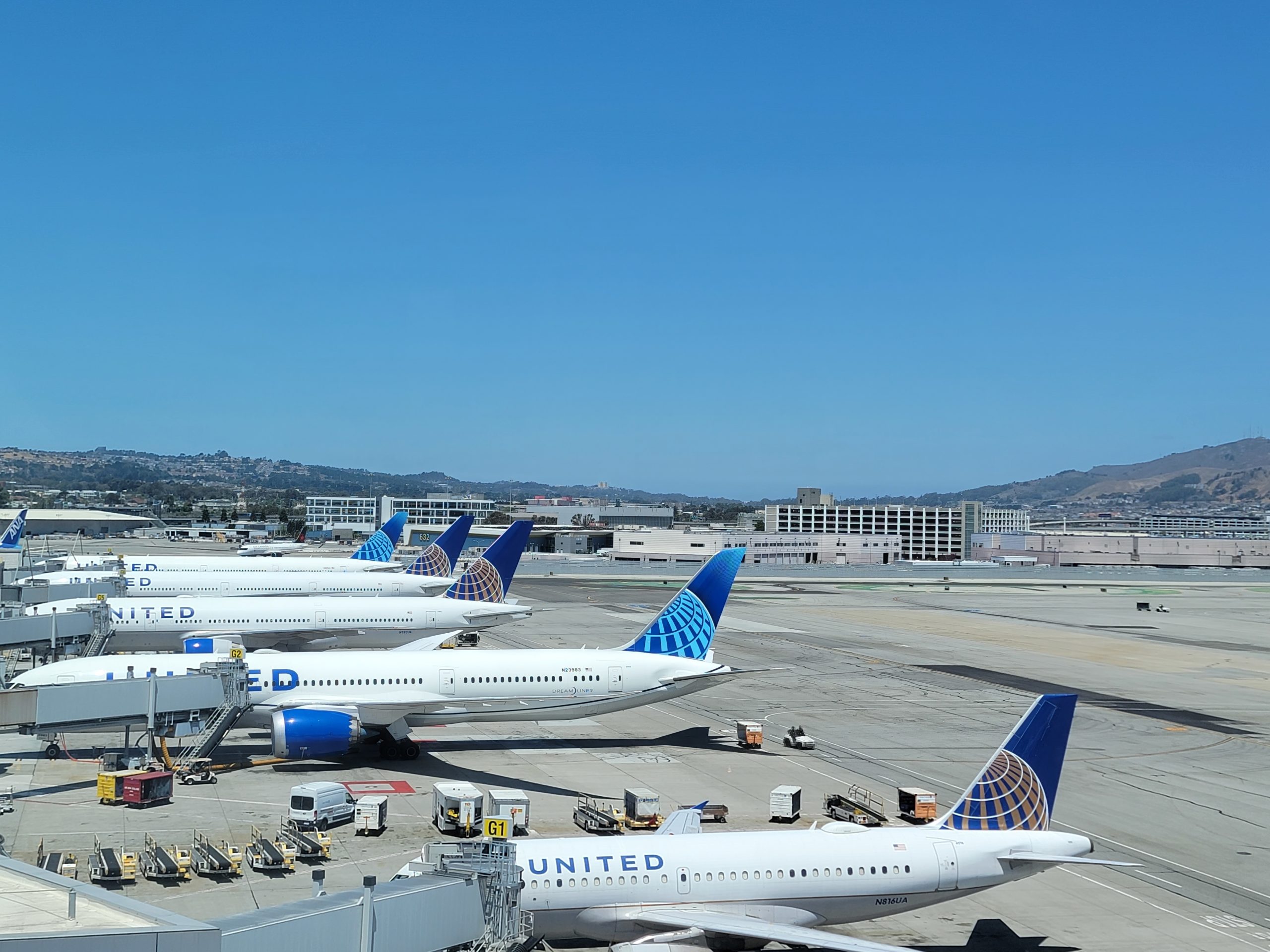










.jpg?width=1920&height=1920&fit=bounds&quality=70&format=jpg&auto=webp#)









